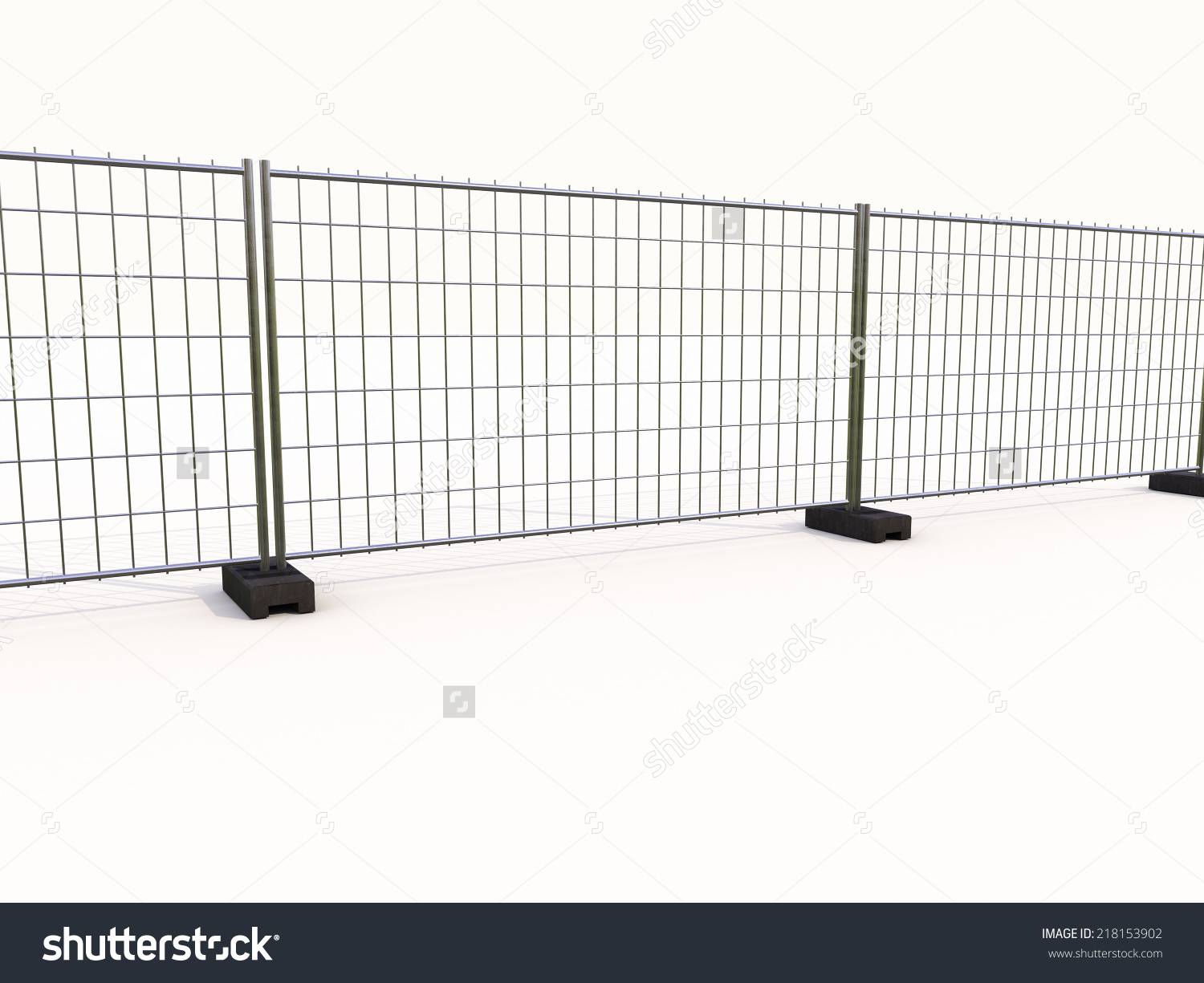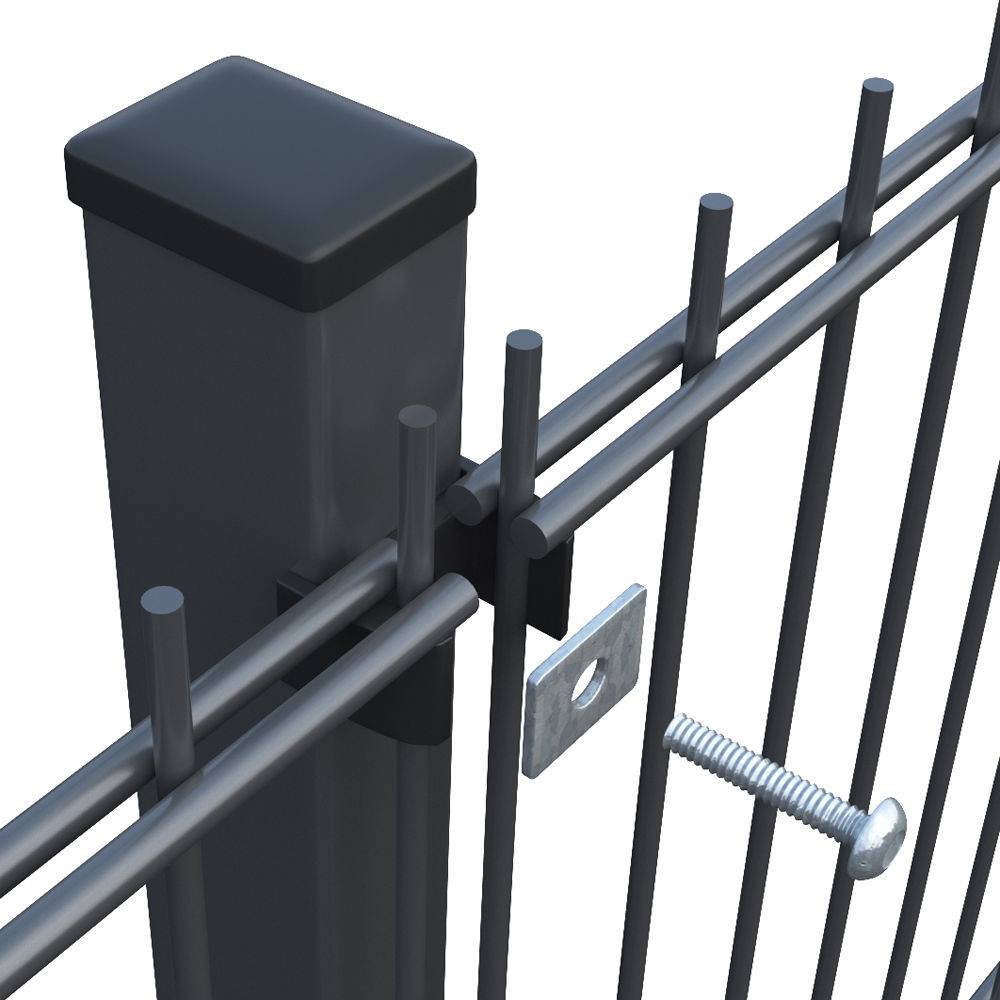

- Afrikanac
- Albanac
- amharski
- arapski
- Jermenski
- Azerbejdžanski
- Basque
- bjeloruski
- bengalski
- bosanski
- bugarski
- katalonski
- Cebuano
- Kina
- China (Taiwan)
- Korzikanac
- hrvatski
- češki
- danski
- Dutch
- engleski
- esperanto
- estonski
- Finski
- francuski
- Frizijski
- galicijski
- Gruzijski
- njemački
- grčki
- gudžarati
- haićanski kreolski
- hausa
- hawaiian
- hebrejski
- br
- Miao
- Mađarski
- islandski
- igbo
- indonezijski
- irski
- talijanski
- Japanski
- Javanese
- kanada
- kazakh
- kmerski
- Ruandski
- Korean
- kurdski
- kirgiski
- Rad
- Latinski
- Latvian
- litvanski
- Luksemburški
- makedonski
- malgaški
- malajski
- malajalam
- Maltezer
- Maori
- Marathi
- mongolski
- Myanmar
- nepalski
- norveški
- norveški
- Occitan
- Pashto
- perzijski
- Poljski
- portugalski
- Punjabi
- rumunski
- ruski
- Samoan
- Scottish Gaelic
- Serbian
- Sesotho
- Shona
- Sindhi
- Sinhala
- Slovak
- Slovenian
- Somali
- Spanish
- Sundanese
- Swahili
- Swedish
- Tagalog
- Tajik
- Tamil
- Tatar
- Telugu
- Thai
- Turkish
- Turkmen
- Ukrainian
- Urdu
- Uighur
- Uzbek
- Vietnamese
- Welsh
- Bantu
- Yiddish
- Yoruba

Common Nails: Essential Fasteners for Everyday Construction Projects
When it comes to basic construction and woodworking, obični nokti are a go-to fastening solution. Their strength, simplicity, and versatility make them one of the most widely used types of nails in the world. Whether you’re a professional contractor, a home builder, or a DIY enthusiast, knowing where to get quality nails, what factors affect the common nail price, and how to choose the right common nails supplier can help you make smart purchasing decisions.
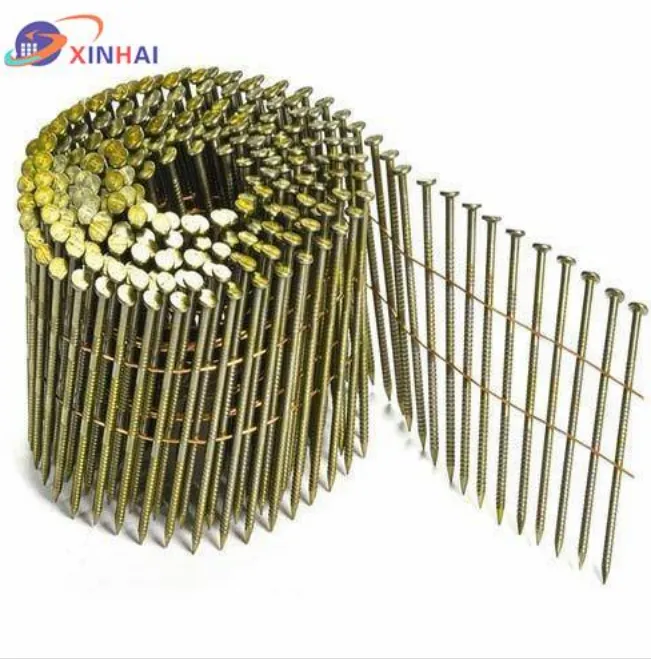
This article explores everything you need to know about obični nokti—their types, uses, pricing, and how to source them in bulk for your next project.
What Are Common Nails?
Common nails are general-purpose fasteners with a thick shank and a flat head. Typically made of steel, they are used in wood-frame construction, rough carpentry, framing, and other structural work. Their strength makes them ideal for projects where holding power is more important than appearance.
They’re called “common” because they are used in almost every type of construction and repair job.
Key Features of Common Nails
Materijal: Most are made from low-carbon steel for strength and affordability. Galvanized versions are also available for corrosion resistance.
Sizes: Ranging from 1 inch (2d) to 6 inches (60d), measured in "pennies" (d).
Head Type: Usually flat for easy hammering and flush driving.
Shank: Smooth for easy penetration, though ring or spiral shanks can offer better holding power in some applications.
Završi: Options include bright, galvanized, or vinyl-coated finishes depending on use and environment.
Typical Uses of Common Nails
Common nails are used across a wide variety of applications, including:
Framing: Essential in building wood frames for walls and roofs.
General Carpentry: Used for everything from shelves to subfloors.
Wooden Fences: Suitable for securing pickets and posts.
Crate and Pallet Assembly: Common in logistics and packaging.
Rough Construction: Ideal for any job where the nail won’t be visible.
Their versatility makes them indispensable for both large-scale construction projects and simple home repairs.
How to Choose the Right Common Nails
Before you buy, consider the following factors:
Nail Length and Gauge
The longer and thicker the nail, the more holding power it offers. For structural framing, longer nails (e.g., 16d or 20d) are typically used.
Material Coating
Bright Steel: For indoor use.
Galvanized: For outdoor or high-humidity environments.
Vinyl-Coated: Easier to drive with less splitting.
Shank Type
Smooth Shank: Easier to drive but slightly less holding strength.
Ring or Spiral Shank: Offers higher holding power, especially for subflooring or decking.
Application Needs
Match the nail type with the specific application—structural framing, fencing, packaging, etc.
Understanding Common Nail Price
The common nail price varies based on several factors:
|
Factor |
Impact on Price |
|
Materijal |
Galvanized or coated nails are more expensive than plain steel. |
|
Length & Size |
Longer nails use more steel and cost more. |
|
Packaging |
Bulk purchases often reduce cost per unit. |
|
Supplier Location |
Local availability and shipping affect final price. |
|
Market Demand |
Prices may fluctuate with steel market trends. |
Typical Prices (As of 2025):
2d – 6d (small sizes): $0.50 – $1.50 per lb
8d – 16d (standard framing nails): $0.60 – $2.00 per lb
Bulk pricing (by the ton or pallet): Negotiable with a common nails supplier
If you’re working on a large project, purchasing in bulk from a reliable supplier can offer significant cost savings.
Why Choose a Common Nails Supplier?
Buying from a trusted common nails supplier offers several benefits:
Bulk Pricing: Reduced cost per pound or per ton.
Customization: Order specific lengths, coatings, or packaging.
Consistent Quality: Industrial suppliers meet standardized specs and testing.
Reliable Delivery: On-time shipments for ongoing construction projects.
Expert Advice: Get help choosing the right nail for your application.
Whether you’re outfitting a warehouse, supplying a building crew, or stocking a retail store, partnering with a professional supplier ensures steady inventory and better project planning.
How to Choose a Reliable Common Nails Supplier
Look for the following qualities when evaluating potential suppliers:
ISO or Quality Certifications
Variety of Nail Types and Sizes
Strong Logistics Network
Positive Client Reviews or References
Competitive and Transparent Pricing
Also, ask whether the supplier offers private labeling, custom packaging, or tailored supply agreements for long-term collaboration.
Common Nails FAQs
Q1: Are common nails suitable for outdoor use?
A: Yes, if they are galvanized or coated to resist rust and corrosion.
Q2: Can I use common nails with a nail gun?
A: Not typically. Most common nails are for hand nailing. For nail guns, use collated nails designed for the tool.
Q3: What’s the difference between common nails and box nails?
A: Box nails are thinner and less likely to split wood, making them better for lighter-duty work.
Q4: How many nails are in a pound?
A: It varies by nail size. For example, about 40–50 16d nails per pound, and 150–200 4d nails per pound.
Q5: Is buying nails by weight or by count better?
A: For most construction projects, buying by weight is more economical, especially when purchasing in bulk.
Preporučeni proizvodi
Najnovije vijesti o CHENG CHUANG
-
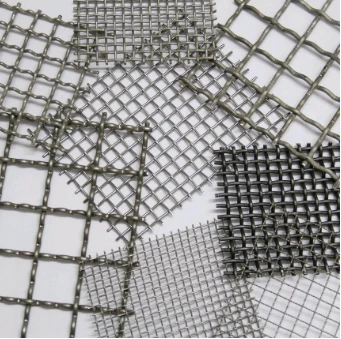 Wire Mesh for Sale: How to Choose the Right Mesh and Supplier for Your NeedsWire mesh is one of the most versatile and widely used materials in construction, agriculture, manufacturing, and industrial applications.Pročitajte više >
Wire Mesh for Sale: How to Choose the Right Mesh and Supplier for Your NeedsWire mesh is one of the most versatile and widely used materials in construction, agriculture, manufacturing, and industrial applications.Pročitajte više >Jun 10 2025
-
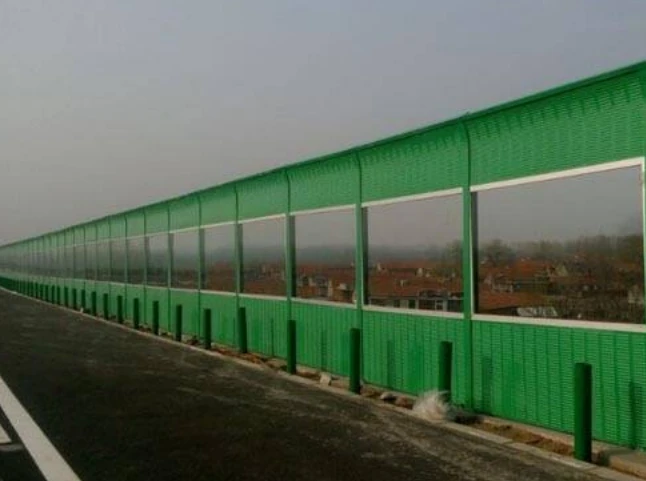 Noise Barriers: Effective Sound Control for Roads, Buildings, and Industrial ZonesUnwanted noise can disrupt communities, reduce property value, and create health risks.Pročitajte više >
Noise Barriers: Effective Sound Control for Roads, Buildings, and Industrial ZonesUnwanted noise can disrupt communities, reduce property value, and create health risks.Pročitajte više >Jun 10 2025
-
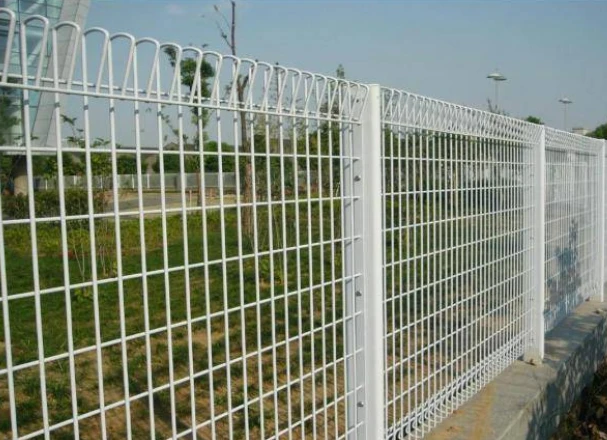 Metal Fence: Strong, Stylish, and Secure Solutions for Every PropertyA metal fence is more than just a boundary—it’s a security measure, a statement of style, and a long-term investment.Pročitajte više >
Metal Fence: Strong, Stylish, and Secure Solutions for Every PropertyA metal fence is more than just a boundary—it’s a security measure, a statement of style, and a long-term investment.Pročitajte više >Jun 10 2025
-
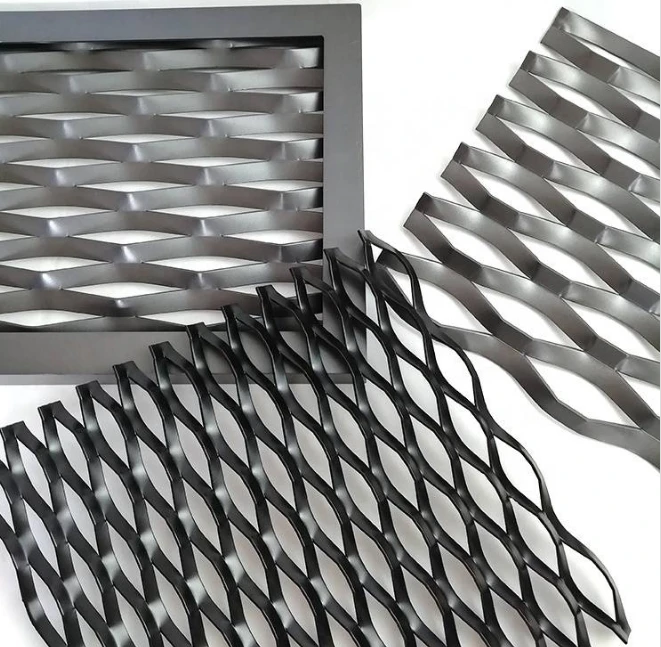 Expanded Metal Mesh: Versatility, Strength, and Style for Every ApplicationIf you're in construction, architecture, manufacturing, or even interior design, you've likely come across expanded metal mesh.Pročitajte više >
Expanded Metal Mesh: Versatility, Strength, and Style for Every ApplicationIf you're in construction, architecture, manufacturing, or even interior design, you've likely come across expanded metal mesh.Pročitajte više >Jun 10 2025
-
 Crowd Control Barriers: Safety and Organization for Events, Sites, and Public SpacesWhen managing crowds at public events, construction sites, or high-traffic areas, ensuring order and safety is essential.Pročitajte više >
Crowd Control Barriers: Safety and Organization for Events, Sites, and Public SpacesWhen managing crowds at public events, construction sites, or high-traffic areas, ensuring order and safety is essential.Pročitajte više >Jun 10 2025
